What Causes Allergies?
Allergies can be the bane of our lives. Excited for the coming spring? All those beautiful flowers and blossoms? Not so for all those who suffer from hay-fever! Want to pet your friend’s adorable new kitten? Well, you may have to prepare yourself for red, streaming eyes and an itchy throat. Drat! But why do some of us suffer from allergies?
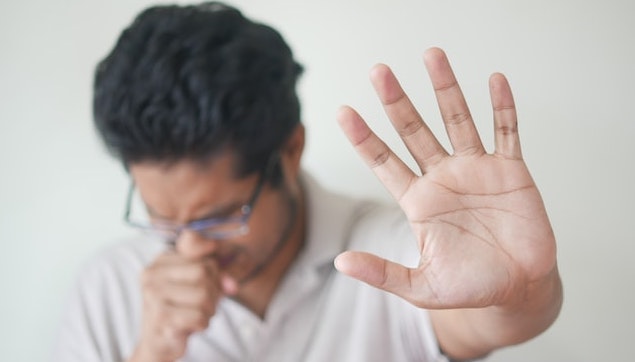
Well, allergies can be the result of an immune system that has gone awry. Our bodies have a natural allergy defense system which when triggered by something causes inflammation. This is often a reaction to something harmless – like pollen, pet dander, dust, or certain foods. When this allergy response is triggered, our bodies go on the defensive and mistakenly react as if it’s under attack by allergens. The result causes sneezing, hives, wheezing and all those uncomfortable allergy symptoms we dread! While the cause of allergy inflammation can vary from person to person, we are all equally vulnerable to experiencing it in some way.
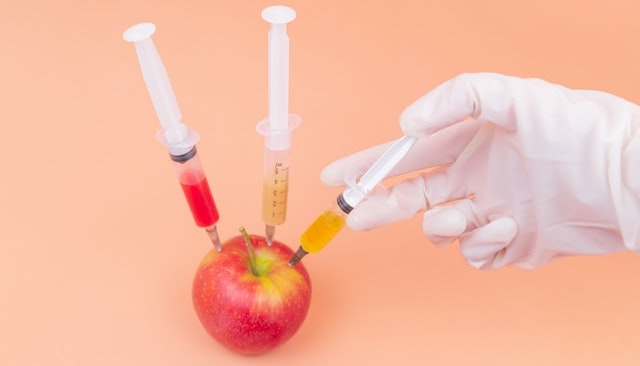
Traditional Treatments for Allergies
Allergies have affected people since the beginning of time. However, the word ‘allergy’ was not used until 1906. The first antihistamines were developed in 1937, and corticosteroids followed in 1948. While a life-changing development for those who suffered from allergies, these treatments that are today the norm are not without their side-effects.
Antihistamines, the most common allergy treatment medication, can be both bought over the counter as well as prescribed by a doctor, depending on the severity of the allergy. Antihistamines work by blocking or reducing histamines. Histamine is a chemical created in the body, which is released into the bloodstream by white blood cells when the immune system is trying to defend the body against a potential allergen. However, antihistamines come with a bunch of side-effects that many people do not enjoy. These include:
- Drowsiness: a common side effect is sleepiness, and reduced reaction speed, as well as coordination. It is recommended not to drive when taking these antihistamines.
- Dry mouth
- Blurred vision
- Nausea
- Headache
What is Psilocybin?
Psilocybin is a naturally occurring psychedelic compound found in certain species of mushrooms, more commonly known as “magic mushrooms”. It has been used historically for its psychoactive properties but due to heavy-handed drug laws research into its medicinal properties was repressed for many years. However, times are a-changin’, and study after study is being published that finds psilocybin to be an effective treatment for a wide variety of conditions. These are mainly within the spectrum of mental health, including depression, PTSD, eating disorders (such as Anorexia Nervosa), addiction issues and anxiety. However, there is burgeoning research into psilocybin as a treatment for physical maladies, such as chronic pain.
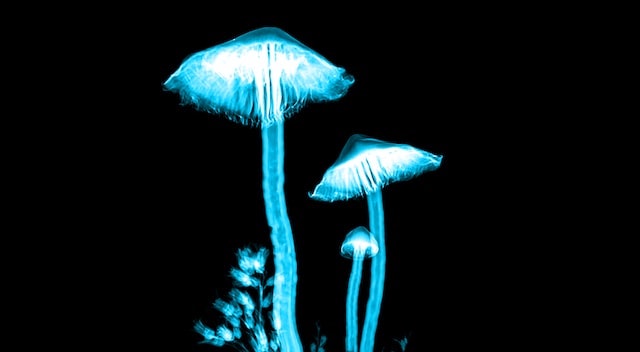
The Anti-Inflammatory Qualities of Psilocybin
Growing research into psilocybin is revealing more and more of its medicinal qualities. One of these includes that this magic mushroom compound has anti-inflammatory qualities. Anti-inflammatories are very important for our health. Inflammation is a natural part of the body’s immune response. However, chronic inflammation is when the body remains on high alert for long periods of time, attempting to fight off aggressors that are not there. This can be disastrous for our health, raising our risk of issues including diabetes, cancer, heart disease and Alzheimer’s.
Recent research has found that psychedelic drugs, such as psilocybin from magic mushrooms, exert their trippy effects on the mind by interacting with one of the brain’s serotonin receptors called the 5-HT2A. This receptor is present in almost all areas of the body, including immune-related structures like the white blood cells, and the spleen. When activated it can reduce inflammation.
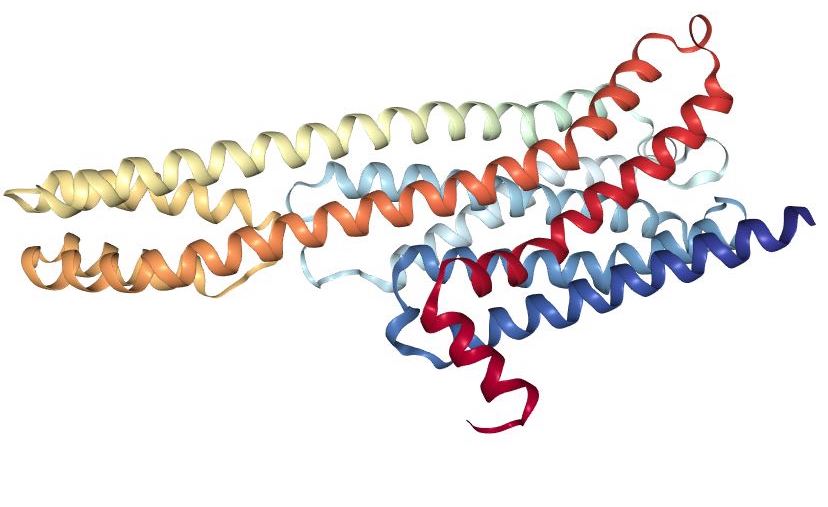
A study, published in 2020 in ACS Pharmacology & Translational Science, was able to display what molecular structure causes this effect. The researchers studied rats with asthmatic symptoms and tested 21 different compounds that activated the 5-HT2A receptor on them. They found that many of them were able to stop or even reverse inflammation in the lungs, thus treating the asthmatic symptoms.
Can Psilocybin Be Used to Treat Allergies?
These anti-inflammatory capabilities mean it is highly likely that psilocybin could be effective in treating allergies. More research needs to be done, but already a buzz is beginning about this new alternative to traditional allergy medications, especially as magic mushrooms are a natural substance, as opposed to traditional pharmaceutical medications. Additionally, there is evidence — anecdotal, but substantial and growing — that psilocybin seemingly can cause an end to allergic reactions for good — rather than just around the time they were taken.
This raises the suggested theory that some allergies, or the exacerbation of allergic reactions, are psychosomatic. While of course, many people do suffer from severe allergic reactions, (such as to foods like peanuts), many people who report allergies do not actually show any reactions when administered a ‘patch’ test. A 1990s study, conducted in the UK found that while 20% of the 10,000 participants reported allergies, when given a formal skin text, only 2% showed a reaction.
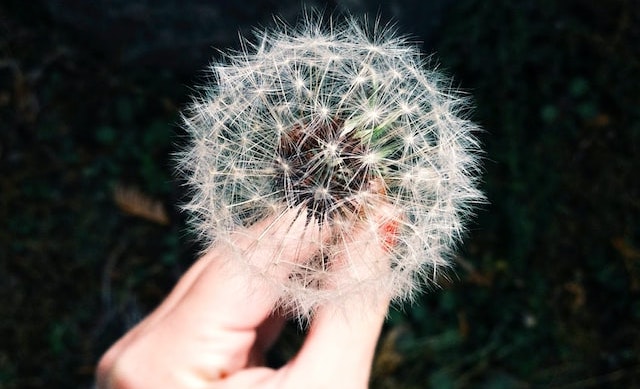
Could this mix of anti-inflammatory properties, as well as psilocybin’s ability to ‘rewire’ your brain and reduce anxiety make it able to hit allergies where they hurt?
As usual, the people’s scientists of Reddit have been chewing on this subject for a while.
The Citizen Scientists of Reddit Weigh In
In the thread Did mushroom MDing cure my allergy to dogs???, u/turptested shared;
“Im very (was) allergic to dogs. They give me hives, itchy eyes and asthma. In Oct 2021 I was at my sisters and her dog made me sneeze, gave me short breath(sic) and I literally could not stay in the house.
Fast forward to March 2022. I was reintroduced to mushrooms and began MDing and taking light trip doses occasionally.
One day (i took my MD a few hours before) I went to a friends house to hang out and it turned out he had over 10 cats and a dog. I was a little concerned but sat in his office and the dog was all over me…
I didnt get a single allergic reaction. Nothing. Like I had never had a dog allergy. I was dumbfounded and elated because Ive always wanted to be able to pet and vibe with dogs…
Im 36, and never in my life have I been able to do this. The dog allergy was oppressive. The only thing that changed was I started taking mushrooms….
Is there anything to it, or just a coincidence??? (sic)

It’s a fascinating story, that raises many questions. And, there are many others keen to chime in on their experiences with psilocybin and allergies.
Anecdotal Tales Scratch The Itch
On the same thread a user with the interesting name u/Bigmorningduece wrote;
“I had seasonal pollen allergies all my life. I took a decent dose of strong shrooms at the end of summer last year...stopped taking Claritin a few months ago and have not had the usually itchy eyes and excessive sneezing like Ive had in the past. I even mowed the lawn and nothing. I have been expecting them to resurface but so far nothing!..even purposely rubbed pollen on my face to see if I would be effected (sic). Not a single sneeze! Im still in amazement that mushrooms have seemed to cure my allergies. Even high pollen days, no reaction. Its been amazing. Go shrooms!!!!”
And, although of course more research needs to be done, when scientific study begins to jive with the anecdotes of Reddit, there often ends up being something in it…

Psilocybin as Allergy Treatment: The Takeaway
- Allergies are a chronic problem in the lives of many people all over the world.
- Current anti-allergy medications, although often effective, can cause unwanted side effects or only partially fix the problem.
- Psilocybin exhibits anti-inflammatory effects. This can help to treat or reduce the symptoms of allergy.
- Animal studies have found that psychedelics were able to stop or reverse the effects of inflammation.
- Surveys have found that for some people allergies and their symptoms are psychosomatic.
- Existing allergy symptoms can be worsened by stress.
- There is self-reported/anecdotal evidence that people have treated their allergies with magic mushrooms.





